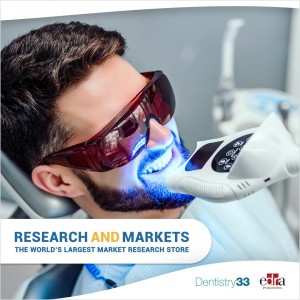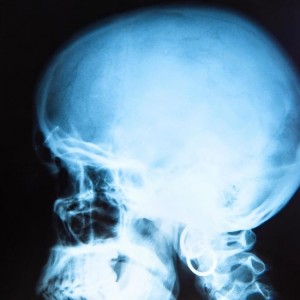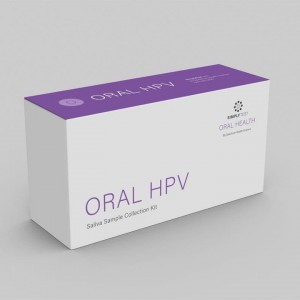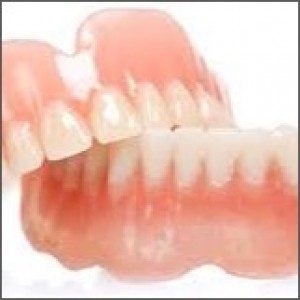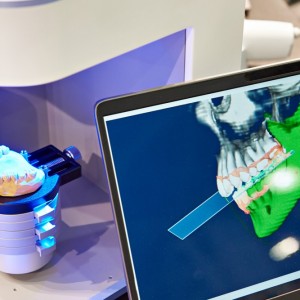
COVID-19: Dental Practitioners and Dental Student Guidelines
Co-author: L. Breschi
Edoardo Mancuso
The epidemic of coronavirus disease 2019 ( COVID-19) has become a major public health challenge for the entire planet.
The World Health Organization have therefore made the assessment that COVID-19 is now characterized as a pandemic.
As of March 16, COVID-19 has been recognized in more than 100 countries, with a total of 167511 laboratory-confirmed cases and 6606 deaths (WHO 2020). It has been stated that the virus interpersonal transmission occurs mainly via respiratory droplets and contact transmission. Therefore, due to the characteristics of the dental settings, dentists are at great risk of infection.
Recently, Z. Bian and his team have published a valuable study on the Journal of Dental Research, aiming to provide guidelines and recommendations to dental practitioners and dental students regarding the COVID-19 outbreak.
The first recommendation in the article is that dentists should take strict personal protection measures and avoid or minimize operations that can produce droplets or aerosols, using wherever possible dental dams and saliva ejectors with high volume.
Moreover the WHO has declared that SARS-CoV-2 can persist on surfaces from a few hours up to several days and this reinforce the need for good hand hygiene and the importance of thorough disinfection of all surfaces implementing the usage of personal protective equipment, including masks, gloves and goggles or face shields.
Since respiratory droplets are the main route of SARS-CoV-2 transmission, Prof. Bian suggest that particulate respirators (FFP2-standard masks set by the European Union) should be used for routine dental practice.
Focusing on the dental practices, the paper strongly recommend to treat only dental emergency cases and adopt implementation of infection prevention and control measures.
Dental clinics are advised to adopt the use of preoperative antimicrobial mouth rinse, which could reduce the number of microbes in the oral cavity, and to establish pre-check triages to measure and record the temperature of every staff and patient as a routine procedure.
The paper ends listing also some recommendations for the dental education, advising on adopting online lectures, case studies and problem-based learning (PBL) tutorials to avoid needless aggregation of people and associated risk of infection.
In conclusion, we believe that in this situation it is fundamental to keep on researching and publishing on the matter of COVID-19 and establish further discussion on how to improve current infection control strategies and how to respond to similar contagious diseases in the future.
For additional information: Coronavirus Disease 2019 (COVID-19): Emerging and Future Challenges for Dental and Oral Medicine
 Tag
Tag
 Related articles
Related articles
Digital Dentistry 17 June 2025
Clinical relevance of digital dentistry during COVID-19 outbreak: a scoped review
o perform a scoped literature review on advantages of digital workflows in dentistry that could be widely adopted to address safety issues raised during the coronavirus (COVID-19) pandemic.
Oral pathology 23 December 2024
Oral Pathology in COVID-19 and SARS-CoV-2 Infection—Molecular Aspects
This review article was designed to evaluate the existing evidence related to the molecular processes of SARS-CoV-2 infection in the oral cavity.
Oral Hygiene & Prevention 07 August 2024
Dental Patient Management in the Context of the COVID-19 Pandemic: Current Literature Mini-Review
Considering dental data gain associated with COVID-19 in the last few months of 2020, it is highly important to provide an assertive critical literature review with the categorization and...
News 19 September 2023
Dentists report insurance reimbursement rates decreased: ADA research
Dentists report that dental insurance reimbursement rates have decreased over a span of 12 months, according to the August Economic Outlook and Emerging Issues in Dentistry poll from the ADA Health...
News 15 September 2023
Procter & Gamble, Colgate, GSK drive strong growth in oral care market: report
The global oral care market has experienced substantial growth, with an impressive increase to $45 billion in 2023.
 Read more
Read more
Much like EMTs rushing to the scene after an accident, stem cells hurry to the site of a skull fracture to start mending the damage. A new finding has uncovered the signaling mechanism that triggers...
Products 05 November 2025
SimplyTest has launched a groundbreaking saliva-based test to detect high-risk strains of oral human papillomavirus (HPV), a major cause of oropharyngeal cancers.
News 05 November 2025
Perimetrics, Inc., a dental technology company pioneering quantitative diagnostics, announced today that the U.S. Food and Drug Administration (FDA) has granted clearance for the InnerView...
News 05 November 2025
On October 15, open enrollment for Medicare began nationwide. Hundreds of thousands of seniors in New Jersey will once again face the challenge of finding the right Medicare coverage, including the...
Digital Dentistry 04 November 2025
Digitalisation is an expanding field in dentistry and implementation of digital teaching methods in dental education is an essential part of modern education.







